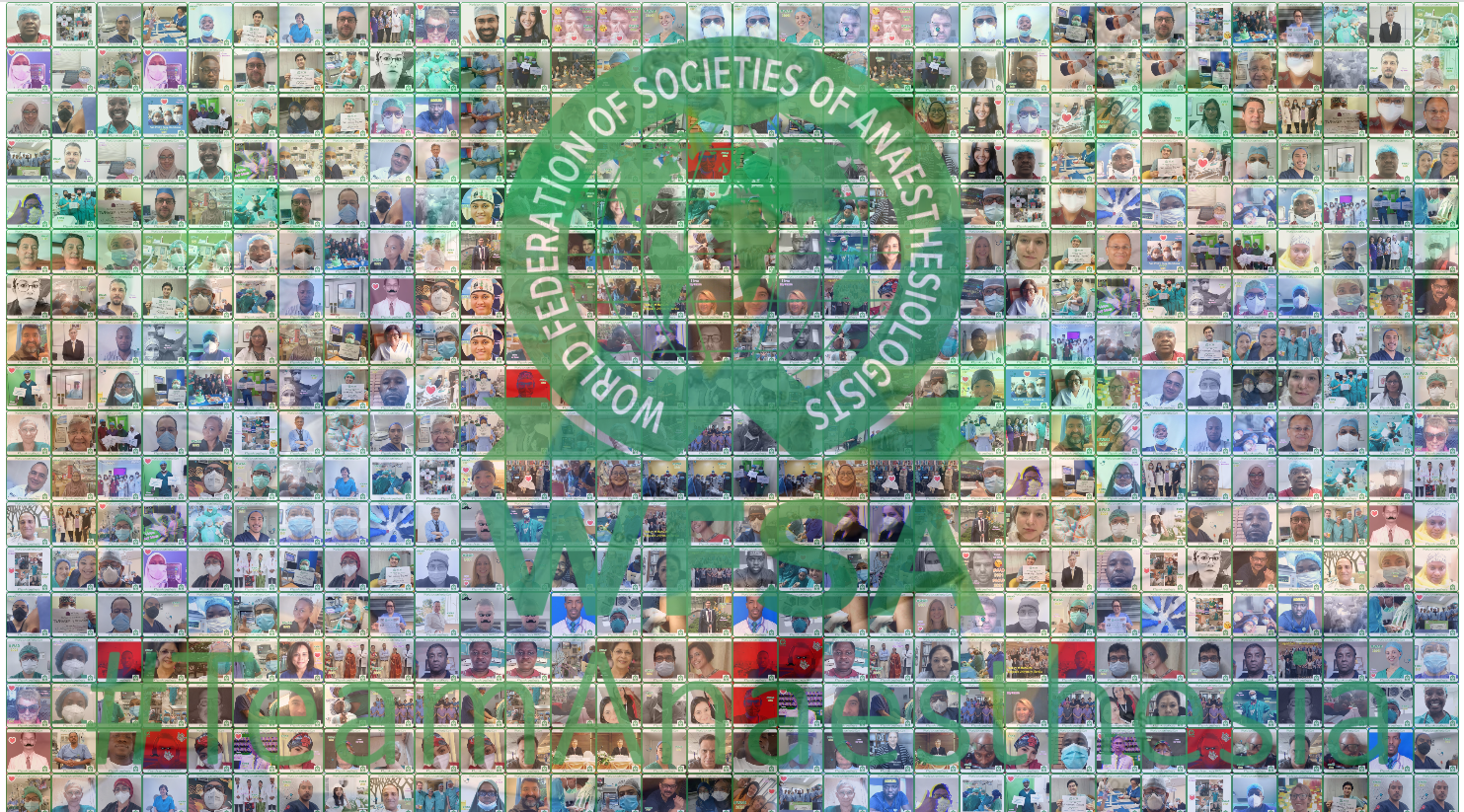On the 16th October, anaesthesia professionals marked World Anaesthesia Day by celebrating the people they work with and the collective skills they bring to patient care.
World Anaesthesia Day commemorates the birth of anaesthesia on 16th October 1846. When doctors at Massachusetts General Hospital demonstrated the use of ether for the first time on a patient. In doing so they changed medicine forever, proving it was possible for patients to undergo surgery without the torture of pain previously associated with it.
Despite 175 years having passed since that first anaesthetic procedure and the countless breakthroughs that have succeeded it, an estimated 5 billion people continue to lack access to safe anaesthesia practices.
In the light of this on-going neglect, global awareness days like World Anaesthesia Day can be a powerful advocacy tool to educate the general public, mobilise political will and celebrate the work and achievements of the global anaesthesia community.
Teamwork is a vital component of an anaesthesiologist’s everyday work. Without it clinicians are not able to provide the necessary level of patient care and safety to which they aspire.
On the 16th October with the hashtags #WAD2021 and #TeamAnaesthesia, social media platforms filled with anaesthesia professionals sharing photos of their colleagues and celebrating the attributes that these teams bring to making safe patient care possible.
Why team work matters
The modern patient is too much for one clinician to manage. It is estimated that the average modern intensive care unit conducts over 180 steps per patient per-day. This complexity of care is beyond even the most capable individual. Without effective teamwork, patient safety is put at risk.
Evidence shows that working in a multidisciplinary team improves patient experience, safety, productivity, and the working lives of all involved.
Anaesthesiologists are at the forefront of clinical teams that bring together individuals with varied training, abilities, attitudes, behaviours, and styles.
Teamwork requires skills that cover leadership, communication, compensatory behaviour, mutual monitoring, and giving and receiving feedback. These skills are vital to help prioritise duties, manage information, establish roles, stabilize emotions, and build the confidence of team members.
A team of experts is not always an expert team
It is not enough to demand that we work as a team. We need to practice and perfect the team structure.
Research findings show that targeted training in teamwork and communication may improve patient outcomes. Multidisciplinary training programmes such as SAFE Operating Room and Vital Anaesthesia Simulation Training (VAST) have been shown to improve the performance of surgical and trauma teams, improve patient safety, reduce surgical complication rates, and possibly even reduce perioperative mortality.
Additionally, tools such as the surgical checklist can help strengthen teamwork and aid communication.
Selected Social Media Posts
Photobooth provided by Boothco






